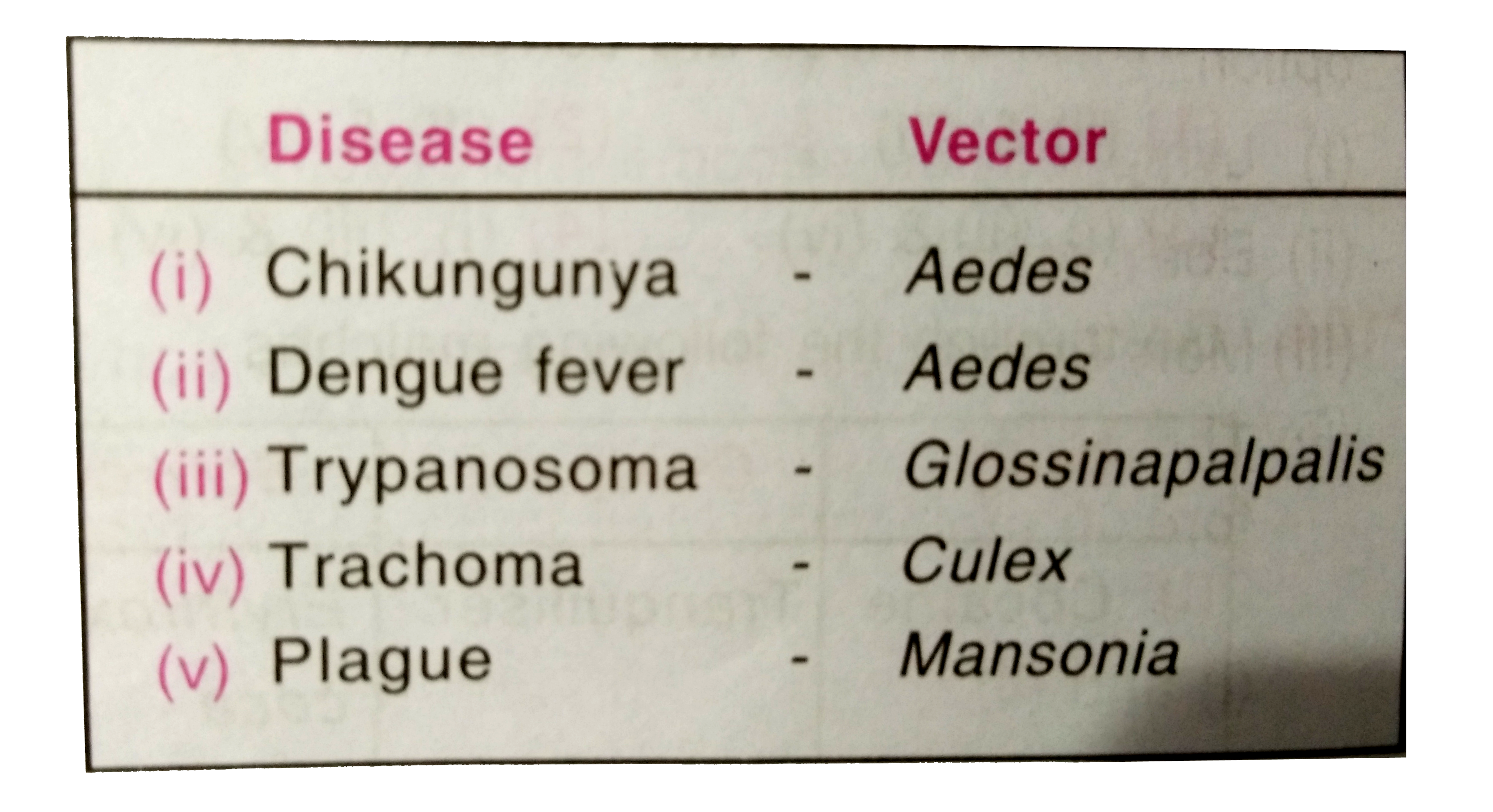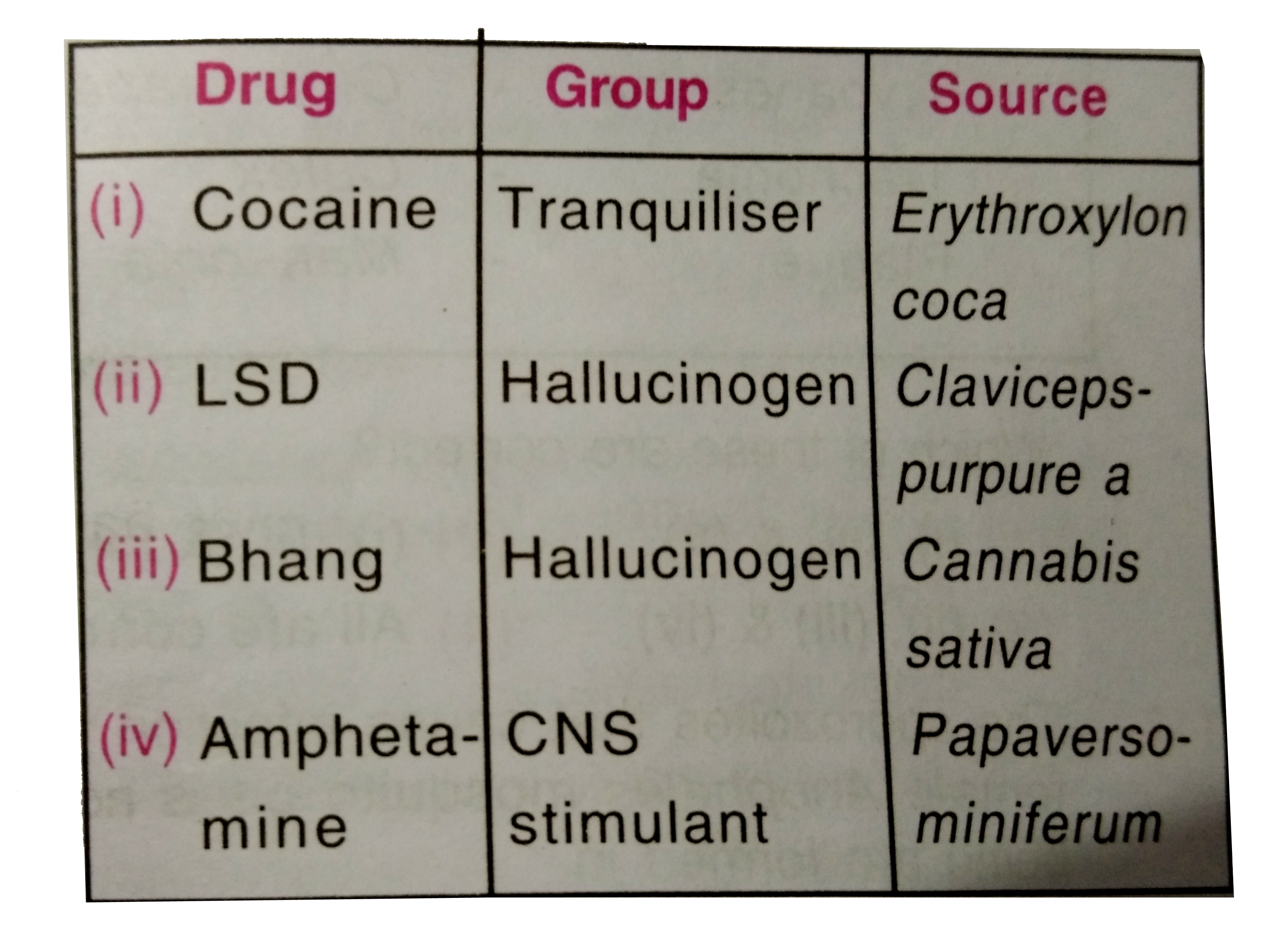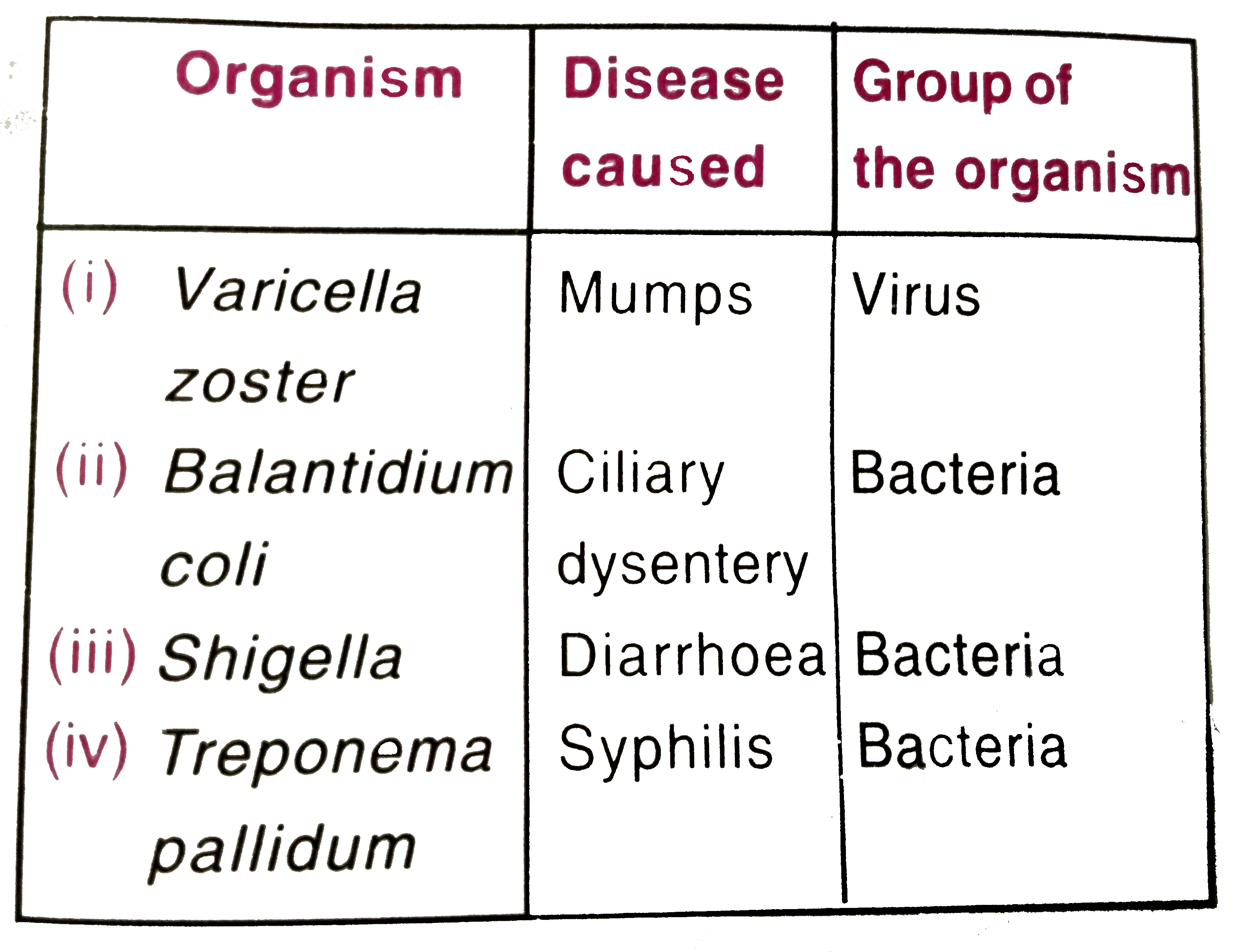Go through the following matches regarding the flower and ovary position .
(i) Mustard - Epigynous
(i) Plum - perigynous
(iii) Hibiscus - Epigynous
(iv) Peach - perigynous
Which of these is /are CORRECT ?
(i) ,(ii), and (iv)
(ii), (iv)
(iii) and (iv)
(i) , (iii) , (iv)
The correct Answer is:B
To solve the question regarding the matches of flowers and their ovary positions, we will analyze each of the given pairs one by one.
Step 1: Analyze the first match - Mustard - Epigynous
- Definition: In an epigynous flower, the ovary is inferior, meaning that the other floral parts (sepals, petals, stamens) are situated above the ovary.
- Analysis: Mustard is actually an example of a hypogynous flower, where the ovary is superior to the other floral parts.
- Conclusion: This match is incorrect.
Step 2: Analyze the second match - Plum - Perigynous
- Definition: In a perigynous flower, the ovary is situated in the center, and the other floral parts are at the same level around it.
- Analysis: Plum is indeed an example of a perigynous flower.
- Conclusion: This match is correct.
Step 3: Analyze the third match - Hibiscus - Epigynous
- Definition: Again, in an epigynous flower, the ovary is inferior.
- Analysis: Hibiscus is also a hypogynous flower, where the ovary is superior to the other floral parts.
- Conclusion: This match is incorrect.
Step 4: Analyze the fourth match - Peach - Perigynous
- Definition: As mentioned earlier, in a perigynous flower, the ovary is at the same level as the other floral parts.
- Analysis: Peach is indeed another example of a perigynous flower.
- Conclusion: This match is correct.
Final Conclusion:
The correct matches are:
- Plum - Perigynous (Correct)
- Peach - Perigynous (Correct)
Thus, the correct options are 2 and 4.
---
- Definition: In an epigynous flower, the ovary is inferior, meaning that the other floral parts (sepals, petals, stamens) are situated above the ovary.
- Analysis: Mustard is actually an example of a hypogynous flower, where the ovary is superior to the other floral parts.
- Conclusion: This match is incorrect.
- Definition: In a perigynous flower, the ovary is situated in the center, and the other floral parts are at the same level around it.
- Analysis: Plum is indeed an example of a perigynous flower.
- Conclusion: This match is correct.
- Definition: Again, in an epigynous flower, the ovary is inferior.
- Analysis: Hibiscus is also a hypogynous flower, where the ovary is superior to the other floral parts.
- Conclusion: This match is incorrect.
- Definition: As mentioned earlier, in a perigynous flower, the ovary is at the same level as the other floral parts.
- Analysis: Peach is indeed another example of a perigynous flower.
- Conclusion: This match is correct.
The correct matches are:
- Plum - Perigynous (Correct)
- Peach - Perigynous (Correct)
Topper's Solved these Questions
Similar Questions
Knowledge Check
Go through the following matches regarding the flower
(i) Mustard - Epigynous
(ii) Plum - Perigynous
(iii) Hibiscus - Epigynous
(iv) Peach - Perigynous
Which of these are correct ?A(ii), (iii) and (iv)B(ii) and (iv)C(iii) and (iv)D(i), (iii) and (iv)Which of the following is correct regarding meiosis-I :-
AIt doesn't involve DNA replication before karyokinesisBIt involves pairing of homologous chromosomesCFour haploid cells are formedDNone of the aboveRead the following matches regarding the placentation :
(i) Dianthus - Free central
(ii) Cannabis - Marginal
(iii) Sunflower - Basal
(iv) Cucurbita - Axile
Which of these are correct ?A(i), (ii) and (iii)B(i) and (iii)C(ii) and (iii)D(ii), (iii) and (iv)
Go through the following matches

Which of these are correct ?
View SolutionWhich of the following is correct regarding the -I-effect of the substituents ?
View SolutionRead the following matches regarding the placentation
(i) Primrose - Free central
(ii) Pea - Marginal
(iii) Marigold - Basal
(iv) Mustard - Axile
Which of these are correct ?
View SolutionRead the following matches regarding the placentation
(i) Argemone - Axile
(ii) China rose - Free central
(iii) Lemon - Axile
(iv) Mustard - Parietal
Which of these are correct ?
View SolutionWhich of the following is correct regarding the -I-effect of the substituents ?
View Solution


